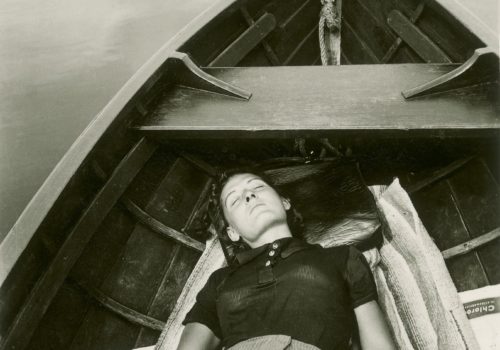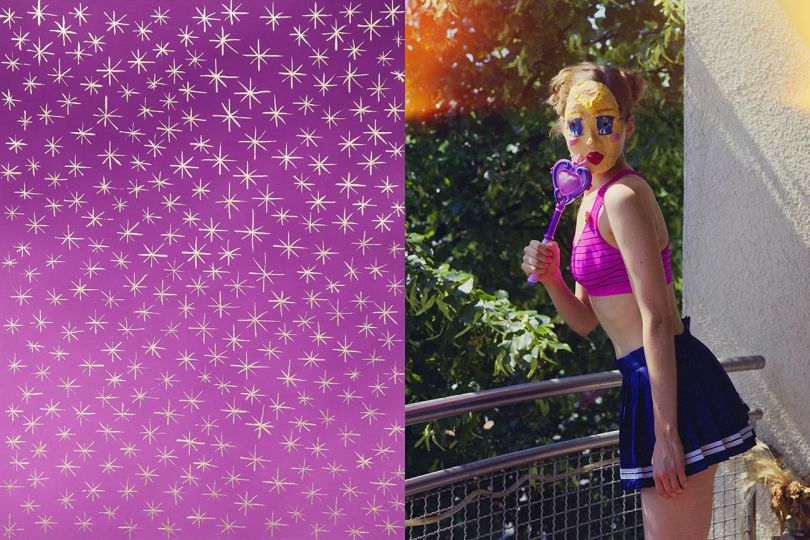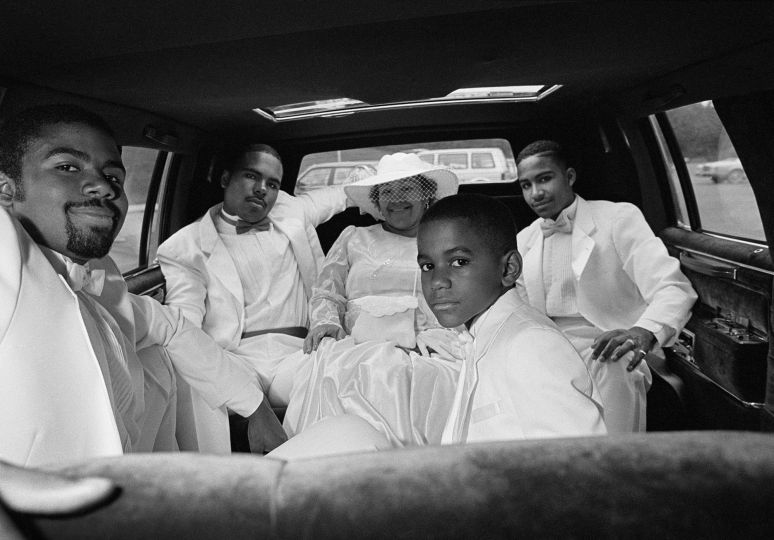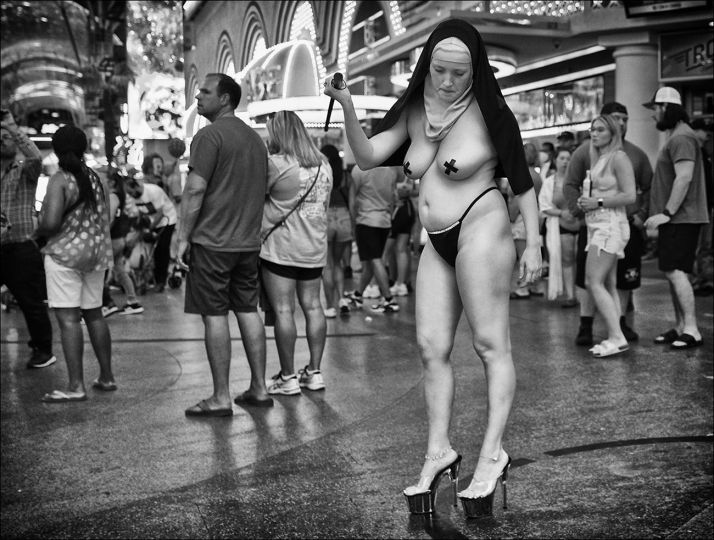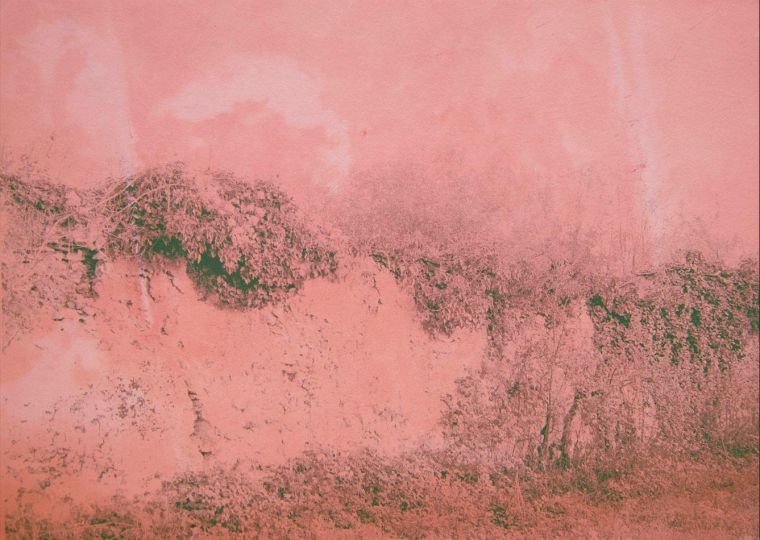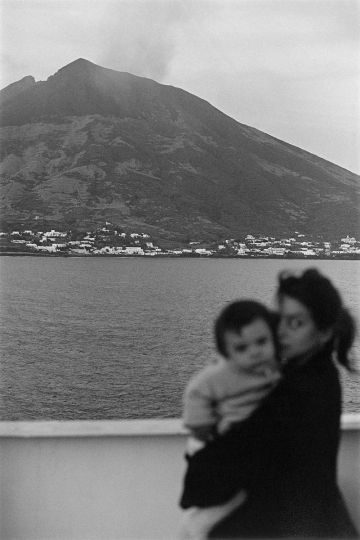We’re all familiar with the concept of the lost photograph, images forgotten in pockets, left behind in taxicabs or in the streets. Their abundance can be found at antique stores, vintage shops, flea markets, anywhere that the once loved belongings of a person can be recycled and purchased by another. French filmmaker Sébastien Lifshitz found and collected these lost photographs, sharing with us his personal collection in Amateur, a series of four photo books.
The books, Superfreak, Under the Sand, Someone was Here, and Flou, encapsulate differing themes. Lifshitz skillfully organized his vast collection, gathered from flea markets, garages, and galleries from all over the world. Taking into account every definition of the word, Superfreak contains images including damaged, ghostly photographs, children dressed up for Halloween, odd and enigmatic photos that are hard to make sense of, a woman in a gas mask reading a book, people with disabilities, a woman hanging, strange angles, shadows, and demonic figures. In a drastic shift of aesthetic, Under the Sand, shows pictures of people at the beach, on boats, climbing rocks, lost in the waves of the ocean. Following a slightly unnerving selection of photographs, this book is much more serene, and radically different than its predecessor.
Taking us on another dynamic shift is Someone was Here. As the name suggest, this book features photographs devoid of people, but overflowing with the scars of their presence. Empty roads with deserted cars, city streets where the only life is the dancing of neon signs, skyscrapers, bridges, tunnels, a dinner table set and abandoned, show the lasting effect we have on the world around us. The last book, Flou, meaning blurry in French, showcases photographs where the subject is nothing but a fuzzy blur across the page. Embodying the title of the series with its out of focus images and people standing too close to the camera, the book is again heavily loaded with human figures. Alternating between organic and non-organic, fighting between living and inanimate, scars left on one by the other, Lifshitz has achieved organized chaos.
The exclusion of words throughout all of the books is a bold choice, one that allows the photographs to stand-alone and speak for themselves. The human presence is heavily felt in all of the images, whether they are the main subject, or the outside catalyst for the scene in question. Lifshitz’s collection shows the human experience, by people for people. His found photographs are not professionally done, but taken because the person behind the lens saw a value in the person or thing on the other side. It is a messy, chaotic, strange, beautiful, and sometimes blurry celebration of life and all of its oddities.
Baylee McKeel
Baylee McKee is a writer specializing in photography based in New York, USA.
Sébastien Lifshitz, Amateur
Published by Steidl
75€
www.steidl.de

